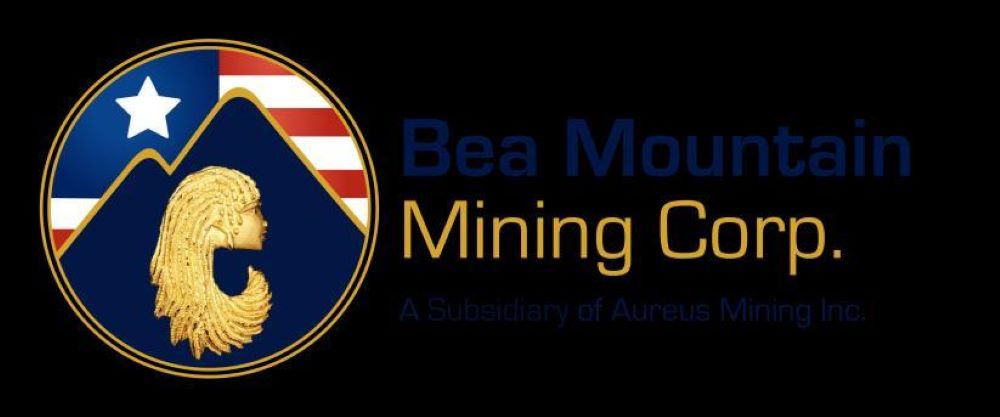The Mutual Benefits Assurance Company (Mutual) has initiated legal proceedings against Bea Mountain Mining Corporation (Bea Mountain), alleging malicious prosecution and abuse of the judicial process in Liberia. This legal battle stems from a previously resolved international arbitration case involving International Construction Engineering (ICE), for whom Mutual had provided performance bonds. The core of the dispute lies in Bea Mountain’s alleged attempt to relitigate a claim despite its final resolution through international arbitration and subsequent enforcement by a U.S. federal court. This action, Mutual contends, represents a deliberate attempt to harass the company and damage its reputation.
In 2017, an international arbitration tribunal ruled in favor of Bea Mountain on a counterclaim against ICE, awarding Bea Mountain $6.67 million. This award was subsequently recognized and enforced by the United States District Court for the Eastern District of Virginia in 2018, effectively bringing the matter to a close under the New York Convention on the Recognition and Enforcement of Foreign Arbitral Awards. The U.S. court confirmed the validity of the award and acknowledged the presence of ICE assets within its jurisdiction to satisfy the judgment. This legal process provided a definitive resolution, solidifying the finality of the claim.
Despite this conclusive resolution, Bea Mountain allegedly resurrected the same claim in Liberia three years later, in 2021. Mutual, not a party to the original arbitration, found itself drawn into the renewed legal battle. Mutual asserts that Bea Mountain deliberately concealed the prior resolution and enforcement of the award when initiating the Liberian proceedings. This deliberate omission, Mutual argues, underscores the malicious intent behind the new lawsuit. Mutual maintains that the Liberian action constitutes duplicative litigation, designed to harass the company and inflict reputational damage.
Mutual’s legal response is multifaceted, encompassing both civil and criminal actions. On the civil front, Mutual has filed a lawsuit for malicious prosecution, seeking damages for the alleged harm caused by Bea Mountain’s actions. Additionally, Mutual has filed a petition for a Prohibition, aiming to halt the Liberian proceedings. This petition argues that the Liberian court lacks jurisdiction to hear the case given the prior resolution and enforcement of the award by a competent international tribunal and a U.S. federal court.
Simultaneously, Mutual has lodged a criminal complaint against Bea Mountain, alleging fraudulent litigation and economic sabotage. This criminal complaint underscores the gravity of the situation, alleging that Bea Mountain’s actions constitute a deliberate attempt to undermine the integrity of the Liberian legal system and harm Mutual’s business operations. The criminal allegations highlight Mutual’s contention that Bea Mountain’s actions extend beyond mere legal harassment and represent a calculated attempt to destabilize the company through fraudulent means.
This case raises critical questions regarding Liberia’s adherence to international arbitration awards and the potential for misuse of its legal system in corporate disputes. Mutual’s legal counsel, Cllr. Aloysius T. Jappah, characterized Bea Mountain’s actions as a “textbook case of malicious prosecution,” designed to inflict commercial harm and public embarrassment. He emphasized that Mutual was not even a party to the original arbitral proceedings, further highlighting the seemingly targeted nature of the Liberian lawsuit. Mutual’s vigorous defense signals its commitment to upholding the sanctity of arbitral decisions and the integrity of Liberia’s financial system.
The core of Mutual’s argument rests on the principle of finality in international arbitration. Once an award is issued by a competent tribunal and recognized by a court with jurisdiction, the matter is considered closed. Relitigating the same claim in a different jurisdiction undermines the fundamental principles of international arbitration and creates uncertainty in international commercial transactions. Mutual contends that Bea Mountain’s actions not only harm the company directly but also pose a broader threat to the integrity of the Liberian legal system and its ability to enforce international legal norms. The outcome of this case will have significant implications for future international commercial disputes involving Liberian entities.














